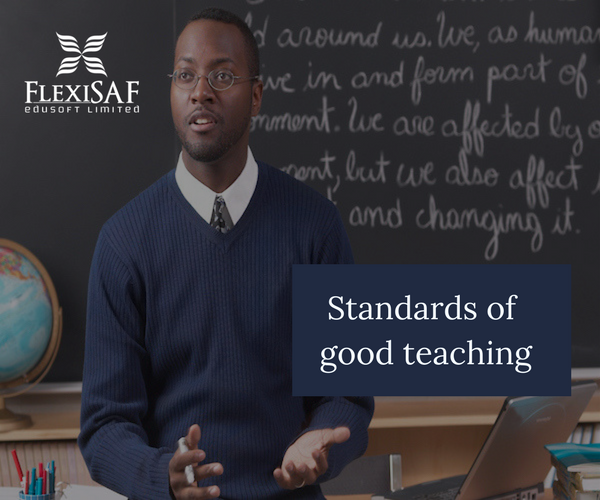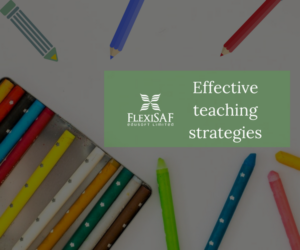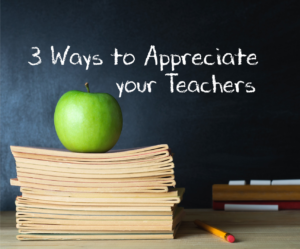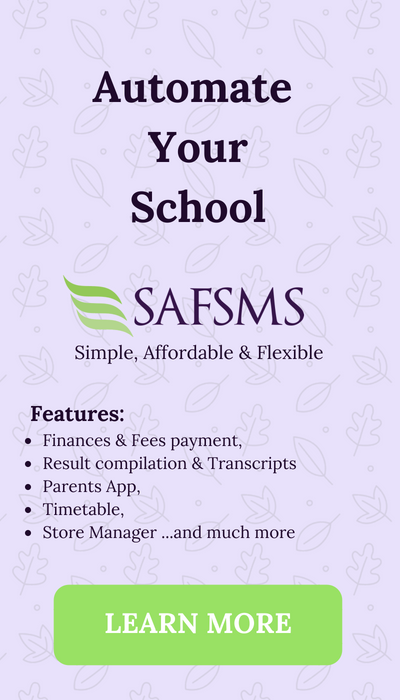A great teacher is one that students remember and cherish forever. Teachers have long-lasting impacts on the lives of their students. There has been lots of debate and deliberation on which guidelines or principles should be recommended for good teaching standards.
Recommended: What Kind of Teacher are You? Take this Quiz and Find Out!
Here are the 10 principles that should be part of every teacher’s classroom practice :
Principle 1.The teacher understands the central concepts, tools of inquiry, and structures of the discipline, he or she teaches and can create learning experiences that make these aspects of subject matter meaningful for students.
Principle 2.The teacher understands how children learn and develop and can provide learning opportunities that support their intellectual, social, and personal development.
Principle 3.The teacher understands how students differ in their approaches to learning and creates instructional opportunities that are adapted to diverse learners
Principle 4.The teacher understands and uses a variety of instructional strategies to encourage students’ development of critical thinking, problem-solving, and performance skills..
Principle 5 The teacher uses an understanding of individual and group motivation and behavior to create a learning environment that encourages positive social interaction, active engagement in learning, and self-motivation.
Principle 6. The teacher uses knowledge of effective verbal, nonverbal, and media communication techniques to foster active inquiry and supportive interaction in the classroom.
Principle 7. The teacher plans instruction based on knowledge of subject matter, students, the community, and curriculum goals.
Principle 8. The teacher understands and uses formal and informal assessment strategies to evaluate and ensure the continuous intellectual, social, and physical development of the learner.
Principle 9. The teacher is a reflective practitioner who continually evaluates the effects of his or her choices and actions on others (students, parents, and other professionals in the learning community) and who actively seeks out opportunities to grow professionally.
Principle 10. The teacher fosters relationships with school colleagues, parents, and agencies in the larger community to support students’ learning and well-being.
Teachers need to point out that their effectiveness depends much more on their knowledge of one or more subjects. This will go in long way to foster collaboration and supportive interaction in the classroom.
If you liked this post, you may also like:
No two teachers are alike, and any teacher with classroom teaching experience will agree that their style of teaching is uniquely their own. An effective teaching style engages students in the learning process and helps them develop critical thinking… Read more
3 Ways to Appreciate Your Teachers
The responsibilities of a teacher goes beyond instructing students. Teachers work extremely hard to be guides, mentors and counselors. They also constantly look for the best ways to impart their knowledge to their students in the most understandable…Read more









